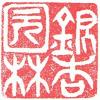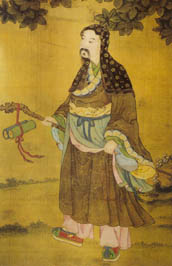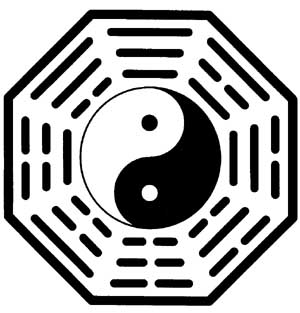 Ginkgo Grove Daoist Center
Ginkgo Grove Daoist Center
1738 S Ferdinand St.
Seattle, WA 98108
ph: 360-339-3874
ginkgogr
Quanzhen Daoism
The meaning of Quanzhen can be translated literally to "All True" and for this reason, it is often called the "All Truth Religion" or the "Way of Completeness and Truth." In some texts, it is also referred to as the "Way of Complete Perfection." Kunyu mountain in Shandong provice Yantai city is the birthplace of Taoism(Quan Zhen Religion).[2] With strong Taoist roots, the Quanzhen School specializes in the process of "alchemy within the body" or Neidan (internal alchemy), as opposed to Waidan (external alchemy which experiments with the ingestion of herbs and minerals, etc.). The Waidan tradition has been largely replaced by Neidan, as Waidan was a sometimes dangerous and lethal pursuit. Quanzhen focuses on internal cultivation of the person which is consistent with the pervading Taoist belief of Wu Wei, which is essentially "action through inaction."
The Dragon Gate sect (lóngménpài 龙门派) of the Complete Reality School (全真派) of Taoism incorporates elements of Buddhism and Confucianism into a comprehensive new form of Taoism.
Complete Reality Taoism is generally divided into two main traditions, Southern and Northern. The Dragon Gate sect is an offshoot of the Northern school. Its spiritual descent is traced to the thirteenth-century master Qiu Chang-chun, who was one of the original seven disciples of Wang Chongyang. Chang-chun means "Eternal Spring". The master of Eternal Spring was one of the sages who advised Genghis Khan to preserve the ancient civilization of China during the Mongolian invasion, over eight hundred years ago. Genghis Khan appointed Chang-chun overseer of all religions in China, and the Dragon Gate sect thus played a critical role in the conservation of the Han Chinese culture.
- from Wikipedia
Still have questions? Please contact us anytime! We look forward to hearing from you.

Qiu Chang Chun

Copyright 2012 Ginkgo Grove Daoist Center. All rights reserved.
1738 S Ferdinand St.
Seattle, WA 98108
ph: 360-339-3874
ginkgogr